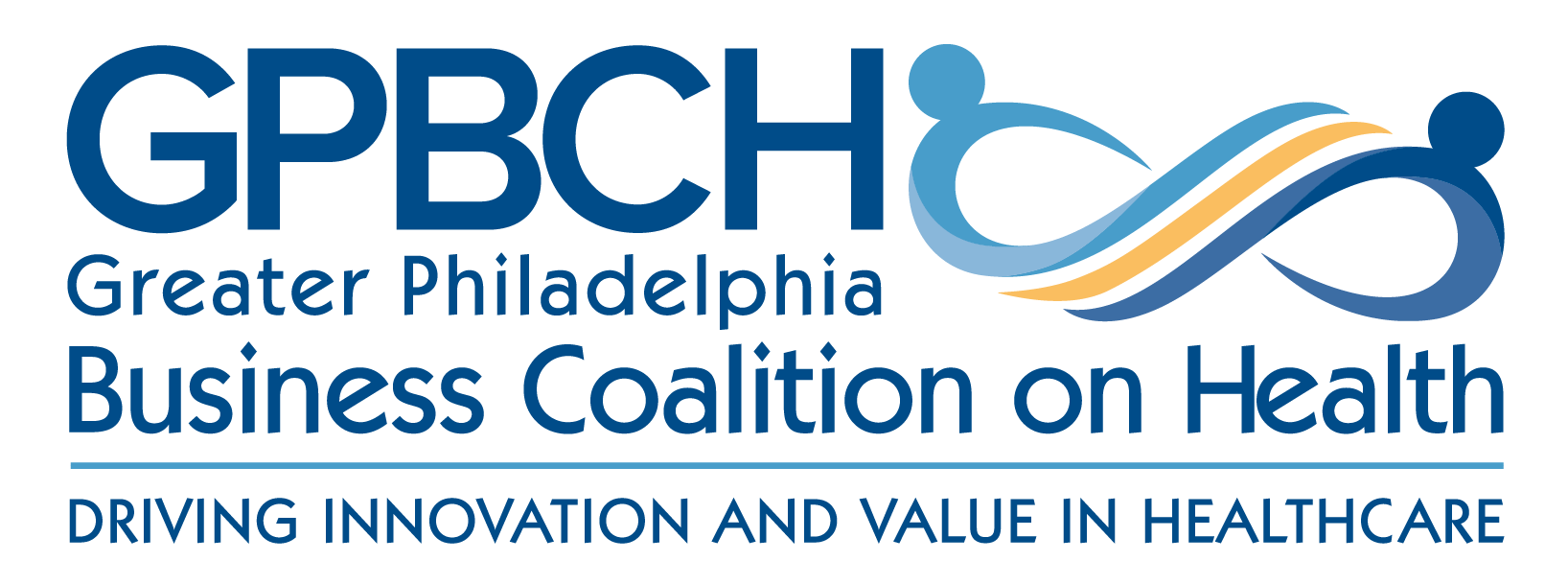
Digital Solutions Can Transform CVD Care, Prevention

Key Takeaways
- Heart disease is a leading cause of death and incurs $363 billion in annual healthcare spending.
- Digital solutions, such as Hello Heart's app, help manage hypertension and other CVD risk factors effectively.
Mobile self-management programs like that offered by Hello Heart can benefit employers and patients alike as they seek to manage and prevent heart disease.
To mitigate these challenges, Paz stressed the value of harnessing digital solutions to educate individuals on their risks, enhance their access to appropriate care, and prevent CVD when possible.
For over 100 years, cardiovascular disease (CVD) has been the leading cause of death in the US.2 One of the primary risk factors for heart disease is hypertension, impacting nearly half of Americans—yet many are unaware they even have high blood pressure (BP).
“This is very frustrating as a cardiologist, because we know very well how to treat hypertension,” Paz said. “There's lots of medications for treating hypertension. They're all generic. They're all inexpensive. We understand the diet, exercise, and lifestyle changes people should be making to control hypertension, and even still, we do a poor job.”
Notably, 80% of CVD cases could be prevented if everyone was better equipped to manage hypertension, stroke, high cholesterol, and coronary heart disease. These risk factors, Paz added, already increase patients’ and employers’ medical costs.3
But where does CVD fall on benefits leaders’ and employers’ list of priorities compared with cancer, behavioral health, or other health concerns? According to a recent Hello Heart survey, 94% of respondents recognized heart health as a serious issue; however, only one-third felt they were adequately prepared to manage CVD.
Innovative digital solutions represent 1 of the many avenues employers, in both the private and public sectors, can pursue to address CVD. For example, Hello Heart’s mobile application connects to a BP cuff and allows users to monitor their BP, heart rate, cholesterol, and activity, among other cardiovascular metrics. Coupled with digital coaching, Paz added how this approach helps users understand their heart health without overwhelming them with information. The application is also designed to help users better track and adhere to their medications. Members can also generate reports for their providers to better inform care plans.
For these initiatives to be successful, Paz expressed how solutions need to be engaging, proven, and easy.
Ensuring people continue with their enrollment is of utmost importance, he continued; equally important is publishing clinically meaningful data. For example, in a 2021 publication in
Another study published in
Hello Heart also contributes to great cost savings, as indicated by recent publication in
“Innovative solutions, digital solutions—they play a crucial role in addressing heart disease. Whether through clinical outcomes or cost savings, it's important that these programs are proven and meaningful so that when implemented, they truly benefit members, plans, and funds,” Paz concluded.
References
1. 9 Reasons U.S. Employers Should Prioritize Heart Health. Hello Heart. May 18, 2022. Accessed March 31, 2025.
2. More than half of U.S. adults don’t know heart disease is leading cause of death, despite 100-year reign. American Heart Association. January 24, 2024. Accessed March 31, 2025.
3. Heart disease awareness remains alarmingly low when we need it most. Hello Heart. January 31, 2025. Accessed March 31, 2025.
4. When heart health matters, employees thrive. Hello Heart. 2025. Accessed March 31, 2025.
5. Gazit T, Gutman M, Beatty AL. Assessment of hypertension control among adults participating in a mobile technology blood pressure management program. JAMA Netw Open. 2021;4(10):e2127008. doi:10.1001/jamanetworkopen.2021.27008
6. Bundy JD, Li C, Stuchlik P, et al. Systolic blood pressure reduction and risk of cardiovascular disease and mortality: a systematic review and network meta-analysis. JAMA Cardiol. 2017;2(7):775-781. doi:10.1001/jamacardio.2017.1421
7. Paz E, Pargaonkar VS, Roach BJ, et al. Comprehensive cardiovascular risk factor control with a mobile health cardiovascular risk self-management program. J Am Heart Assoc. 2024;13(10):e033328. doi:10.1161/JAHA.123.033328
8. Roberts W, Lyson H, Speer C, Tovar E, Paz E, Zimlichman E. Cost Savings and Improved Clinical Outcomes From a Mobile Health Cardiovascular Disease Self-Management Program. Value Health. 2025 Feb 13:S1098-3015(25)00068-3. doi: 10.1016/j.jval.2025.01.025
Newsletter
Stay ahead of policy, cost, and value—subscribe to AJMC for expert insights at the intersection of clinical care and health economics.








